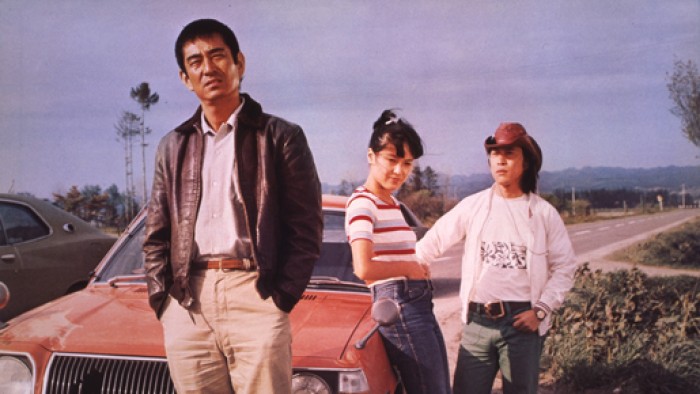Published in the Nikkei Asian Review 19/11/2014
Does the recent passing of film star Ken Takakura symbolize the end of the line for Japanese machismo? In this age of womenomics and passive “herbivore” males, is there any room for the strong silent type prepared to roll the dice and risk everything?
Step forward Prime Minister Shinzo Abe. By calling a snap election halfway through his term in office, he is doubling down on Abenomics, his project to revive Japan’s economy and global standing. The outcome is binary. Either he wins a fresh mandate and dominates the political landscape for years to come or he becomes a lame duck virtually overnight.
At the same time, Mr. Abe has postponed a second hike in Japan’s value added tax planned for next autumn. It was the first hike in the VAT, implemented this April, that did so much to derail the economic recovery and pull down his previously sky-high support ratings. Now Mr. Abe has effectively admitted that he got it wrong – which is almost unprecedented amongst senior Japanese politicians and bureaucrats – and is rowing back to the pro-growth strategy that originally made Abenomics such an attractive proposition.
The tactical boldness was breath-taking. While all this was being planned, Mr. Abe was on one of his many overseas trips, occupied with the complex choreography of meeting China’s Xi Jinping, then a tripartite summit with President Obama and Australia’s Tony Abbott. Investors had considered the VAT hike a “done deal” because it was so clearly what the Ministry of Finance, the Keidanren business federation and other interested parties wanted. Likewise, nobody was expecting an election, least of all the opposition parties now struggling with the logistical preparations for the vote on December 14th.
Surprise is a powerful weapon, as Bank of Japan Governor Haruhiko Kuroda demonstrated a few weeks earlier when he shocked the markets with a second round of “QQE”, quantitative and qualitative easing, thereby sending the Nikkei Index racing to seven year highs. The Abe administration, which appeared to have lost momentum amidst sliding support ratios and weak economic data, has suddenly recovered control of events.
The repercussions should be felt internationally too. By freezing the VAT hike, Mr. Abe has rejected the fiscal austerity pressed on him by not only his own financial bureaucrats, but also international organizations such the IMF and OECD. If Japan’s bond and equity markets crash, as the fiscal hawks have been long predicting, the dangers of aggressive reflation will be clear to all. On the other hand, if the markets are well behaved and the economy picks up steam next year, then pressure to copy Abenomics will likely mount in Europe and elsewhere.
There are good reasons for supposing that the second scenario is much the more likely. The Japanese economy is not that far from a strong, self-sustaining recovery, despite the dismal second quarter GDP numbers, which put the economy into a technical recession. The key driver will be the corporate sector which is awash with free cashflow.
Having spent the last eighteen years paying down debt, Japanese companies will have to find new ways to use the money. Real returns to investments in plant and equipment have never been higher, suggesting that a new capital spending cycle could kick off at any time. Thanks to the most competitive yen since the dawn of floating currencies in 1972, major companies should begin to favour domestic over foreign production.
By mid-2015, wage growth should be picking up at the same time as headline inflation dips towards 1%. Unemployment is at a seventeen year low and the potential supply of new entrants to the workforce – mainly women on part-time conditions – is steadily diminishing. As the trauma of the first tax hike fades, consumption should get back on track. Meanwhile the positive balance sheet effects of higher stock and, particularly, real estate prices will bolster the wealth of households, corporates and financial institutions.
As for the market meltdown scenario, just as it’s rarely a winning strategy to “fight the Fed” so sensible investors should think twice about “battling the BoJ,” which will be hoovering up nearly all the net supply of bonds until the 2% inflation target is reached and also purchasing more ETFs (Exchange Traded Funds) and other risk assets.
When the Bank of Japan finally exits from “QQE”, bond prices will fall and yields will rise, but that will be a healthy development. The world seems to have forgotten that bonds are strong when economies are weak and vice versa.
If all goes to plan, the ever underestimated Mr. Abe could remain in office until 2018. That would make him the longest-serving prime minister for forty years and the second longest-serving since Japan adopted a parliamentary system in 1888. Still, in the words of former British prime minister Harold Wilson, a week is a long time in politics. The next three and a half weeks may feel like an eternity as the Japanese political world stages its own version of the desperate battles for survival depicted in some of Ken-san’s films.

